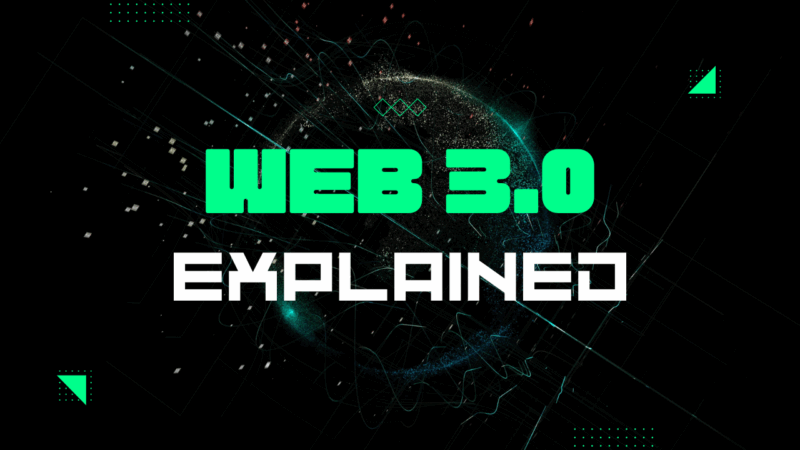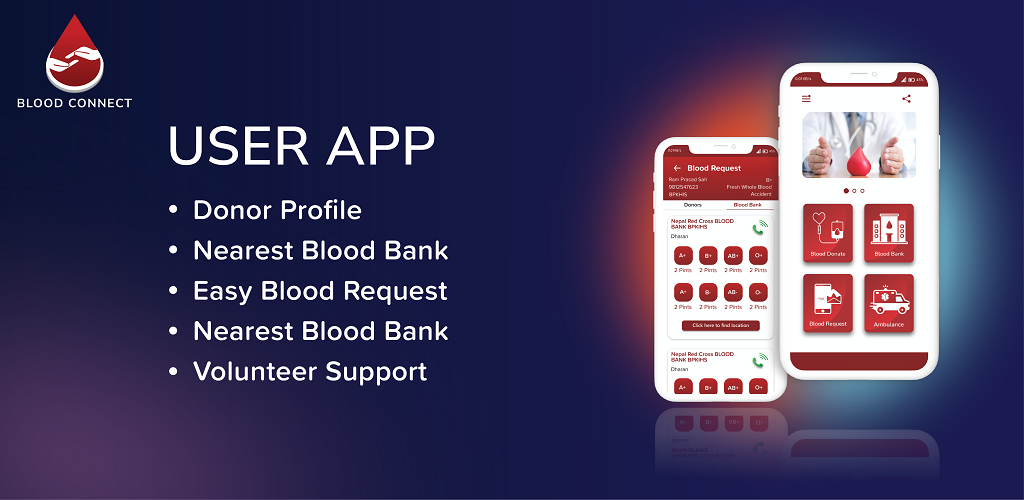Remember Web2? We’ve Been Living It.
Let’s rewind a bit. Web2 gave us Facebook, YouTube, Google, Instagram, and a world of apps that turned the internet into a highly interactive, user-generated, social-first platform. Sounds great, right?
Well, kind of.
The thing is, while Web2 brought us connection and convenience, it also came with:
- Centralized power in the hands of a few tech giants.
- Data privacy concerns (hello, data breaches!).
- Censorship and content control.
- Monetization struggles for creators.
If you’ve ever thought, “Why do platforms earn more from my content than I do?” — you’re already asking the right Web3 questions.
🔄 Enter Web3: A Revolution, Not Just an Upgrade
Web3 is the next phase of the internet built on blockchain technology. It promises to flip the script with a decentralized, transparent, and user-owned internet.
Let’s break it down:
| Web2 | Web3 |
|---|---|
| Centralized (Facebook, Google) | Decentralized (Ethereum, IPFS) |
| Platforms own your data | You own your data & identity |
| Ads = monetization | Tokens = monetization |
| You’re the product | You’re a stakeholder |
Sounds empowering, right? That’s because it is. But let’s get real — it’s also early, experimental, and a bit wild west right now.
👩💻 What Does Web3 Mean for Developers?
If you’re a developer, Web3 opens up a whole new playground. But it’s not just about learning a new tech stack — it’s about shifting your mindset.
🧠 Think in terms of:
- Decentralization over servers.
- Smart contracts instead of backend APIs.
- Tokenomics for user incentives.
- Community-first development.
🛠️ Web3 Tech Stack Overview
Here’s a quick glance at what you’ll be dealing with:
- Frontend: React, Next.js, Vue (just like Web2)
- Blockchain Layer: Ethereum, Solana, Polygon, etc.
- Smart Contracts: Solidity (for Ethereum), Rust (for Solana)
- Wallets: MetaMask, WalletConnect
- Storage: IPFS, Filecoin, Arweave
- Frameworks: Hardhat, Truffle, Foundry
- Indexing/Querying: The Graph
- Authentication: Sign-in with Ethereum (SIWE)
🔧 How to Get Started with Decentralized Apps (dApps)
Let’s walk through it step-by-step. Don’t worry — you don’t need to be Vitalik Buterin to start building!
✅ Step 1: Learn the Basics of Blockchain
Understand how transactions work, what a wallet is, and how smart contracts function. Plenty of YouTube tutorials and free courses exist for this.
✅ Step 2: Pick a Blockchain
Ethereum is the OG but also has high gas fees. Start with something like Polygon or local development with Ganache or Hardhat.
✅ Step 3: Write a Smart Contract
Use Solidity to create a simple contract like a “Hello Token” or a voting system.
✅ Step 4: Deploy on a Testnet
Use test networks (like Goerli or Mumbai) before touching real crypto. MetaMask + Hardhat make it pretty straightforward.
✅ Step 5: Connect Frontend to Blockchain
Use ethers.js or web3.js to connect your smart contract to a frontend React app.
✅ Step 6: Explore Existing Platforms
Build on top of:
- OpenSea (NFTs)
- Lens Protocol (decentralized social)
- Aragon (DAOs)
- Mirror.xyz (Web3 blogging)
🎯 Real-Life Example: From Blog to Blockchain
A friend of mine used to run a Web2 blog and constantly got flagged or demonetized. He moved his content to Mirror.xyz, tokenized his best pieces, and now earns directly from readers — no ads, no middlemen.
Web3 let him own his content and the revenue stream.
🎯 Key Takeaways
- Web3 shifts control from corporations to you, the user.
- Developers need to adapt to a decentralized mindset and toolset.
- The learning curve is real, but so is the opportunity.
- Start small: build a wallet, deploy a contract, and join a community.
📢 Ready to Explore Web3?
Dive in, break things (on testnets!), ask questions, and join Discord communities. Web3 isn’t just about tech — it’s about rethinking how we build the internet together.
Want more Web3 tutorials or project ideas? Drop a comment or shoot me a message — let’s build the future of the internet, together. 🔗💡
Related FAQ
What is the main difference between Web2 and Web3?
Web2 is centralized and platform-driven, while Web3 is decentralized and user-owned.
Do I need to know blockchain to build Web3 apps?
Yes, a basic understanding of blockchain and smart contracts is essential.
Is Web3 only about cryptocurrencies?
Nope! Crypto is a part of Web3, but it’s also about identity, governance, content, and more.







